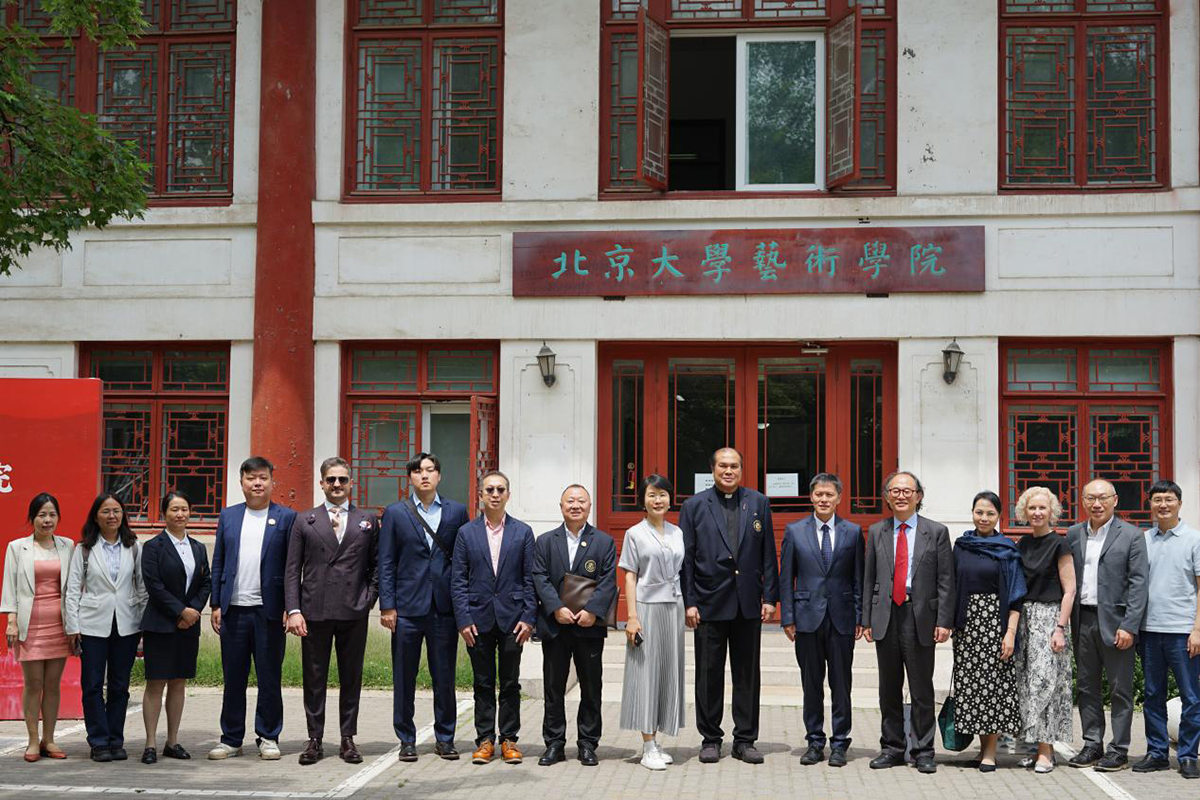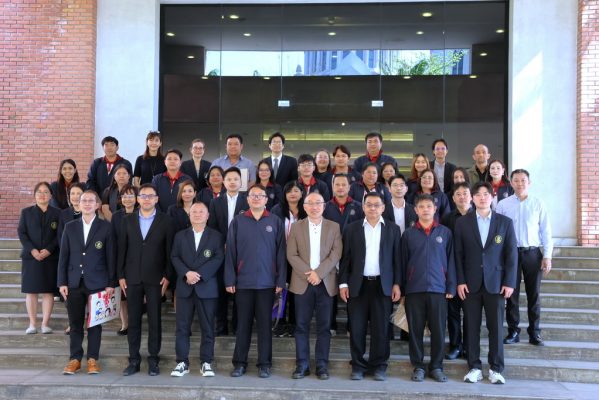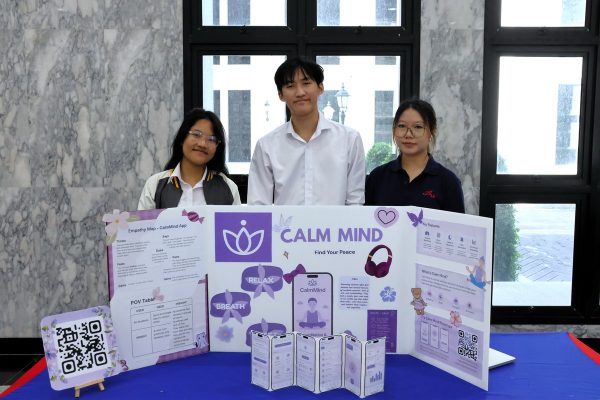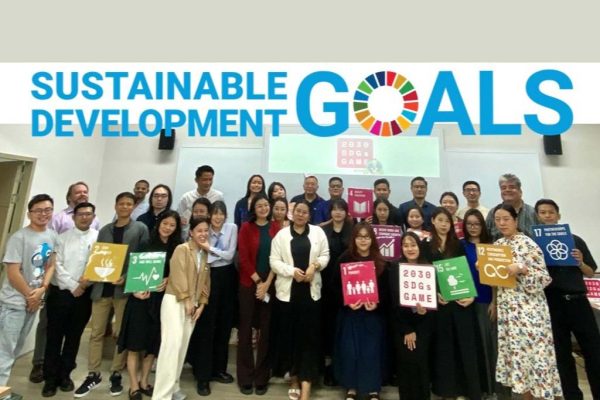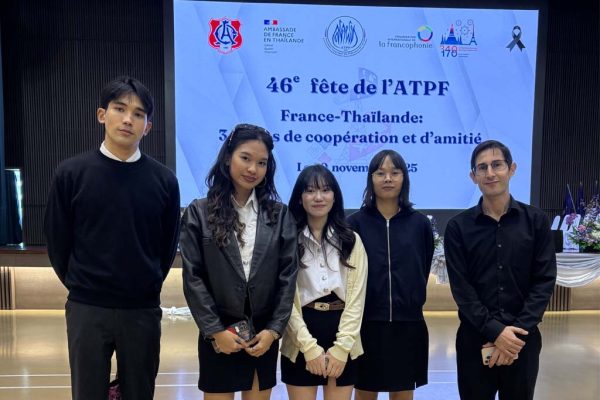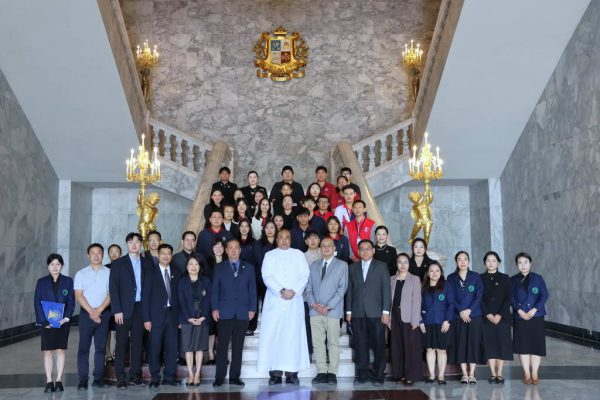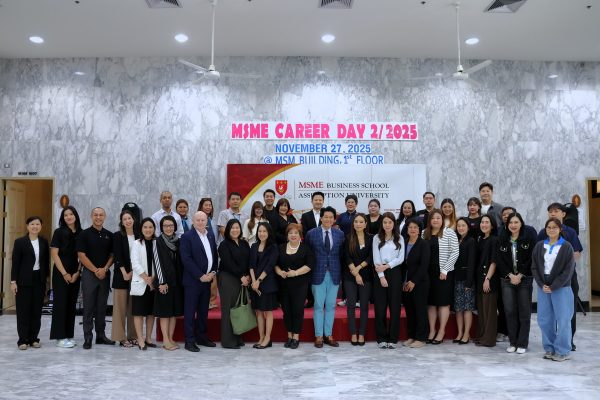BANGKOK, May 18, 2025 — Assumption University of Thailand (AU) has become the host institution for the newly established UNESCO International Workstation on Rural Creativity and Sustainable Development (Thailand), solidifying its role as a leading hub for cross-border collaboration in rural innovation, cultural preservation, and digital transformation.
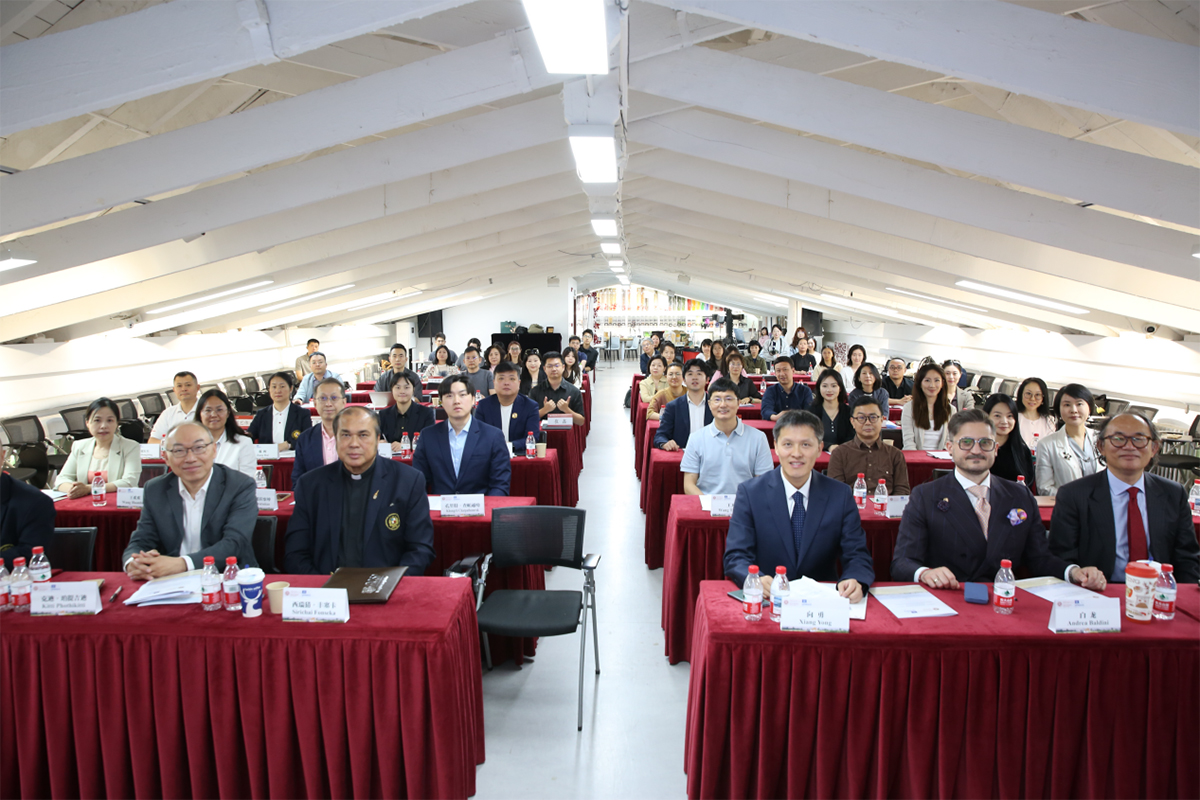
The announcement was made during a major academic workshop held at Peking University titled “Rural Asia: Digital Creativity and Local Sustainable Development”. The workshop brought together more than 100 scholars, experts, and institutional leaders from across Asia and Europe to explore the integration of digital technology, artistic practices, and cultural resources in support of sustainable rural development.
The launch of the Thailand-based workstation marks a strategic milestone in deepening Sino-Thai academic relations and expands the operational footprint of the UNESCO Chair on Rural Creativity and Sustainable Development. Designed as a platform for shared research, talent cultivation, and practical implementation, the initiative aims to bring together advanced digital tools and traditional wisdom to spark innovation in rural communities across Southeast Asia.
The newly formed workstation will focus on three interconnected areas: promoting joint research on artificial intelligence and cultural innovation, facilitating international scholar and student exchange programs, and piloting “Digital Intelligence + Culture” projects within Thai rural settings. These efforts are aligned with global objectives such as the United Nations 2030 Sustainable Development Goals and reflect a growing regional commitment to inclusive growth through education, technology, and the arts.
Throughout the workshop, participants engaged in robust discussions on diverse topics, including rural revitalization models, art and ecological democracy, smart innovation in education, and strategies for preserving intangible cultural heritage. The academic exchange demonstrated the potential of collaborative platforms to generate real-world impact in remote and underserved communities.
The event concluded with the formal adoption of the Beijing Initiative for Sustainable Rural Development in Asia, calling for greater regional coordination in policy, technology transfer, and cultural cooperation. As part of this effort, the newly inaugurated Thailand workstation is expected to serve as a bridge between Chinese and Thai academic ecosystems, enabling practical innovation through shared knowledge and cultural dialogue.
In addition to AU and Peking University, the initiative is supported by a wide network of international partners. Participating institutions include Renmin University of China, Communication University of China, Beijing University of Technology, Perfect World Holdings, China Huaxia Cultural Heritage Foundation, Migu Culture Technology, Beijing Chuanhuozhe AI Technology, Gyeongsang National University (South Korea), University of Paris VIII, Anhui University, Sichuan Fine Arts Institute, China Academy of Art, Beijing Normal University, Shanghai University’s Institute of Cultural New Economy, and Jinan University. This diverse collaboration underscores a growing consensus on the importance of interdisciplinary cooperation to tackle shared regional challenges.
In her opening remarks, Professor Lei Hong, Party Committee Secretary of Peking University’s School of Arts, emphasized: “Digital technologies are not merely tools—they represent a transformative force in reshaping rural cultural ecosystems and driving inclusive development” followed by a series of presentations, including:
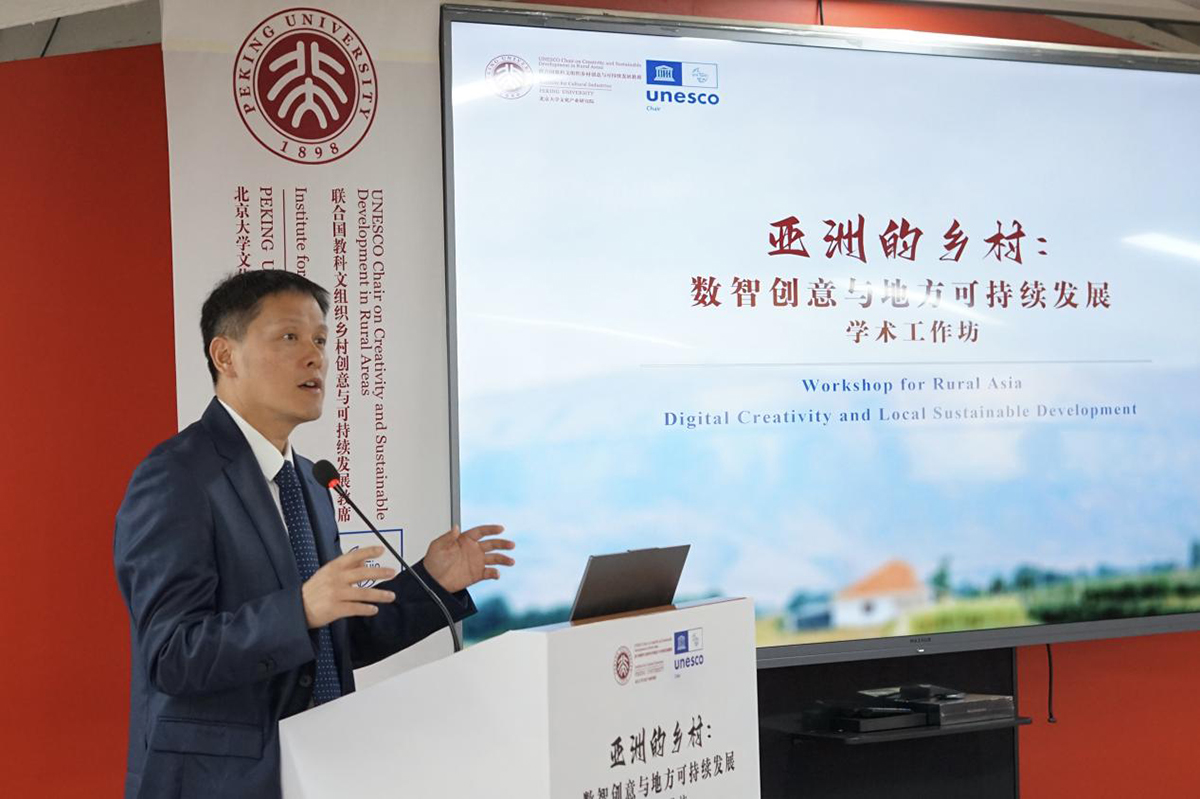
“From Local Wisdom to Global Solutions” by Prof. Xiang Yong, Dean of Institute for Cultural Industries, Peking University
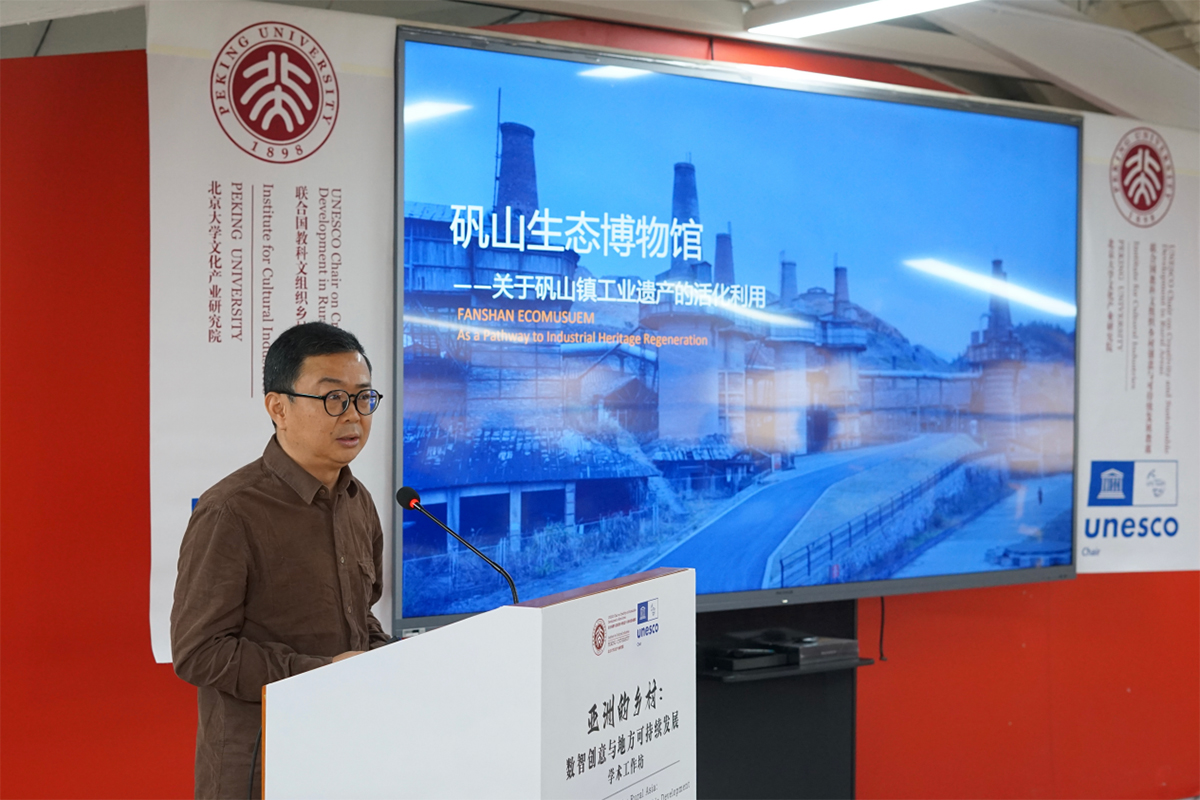
“How to Sustain Rural Construction?” by Zuo Jing, Anhui University
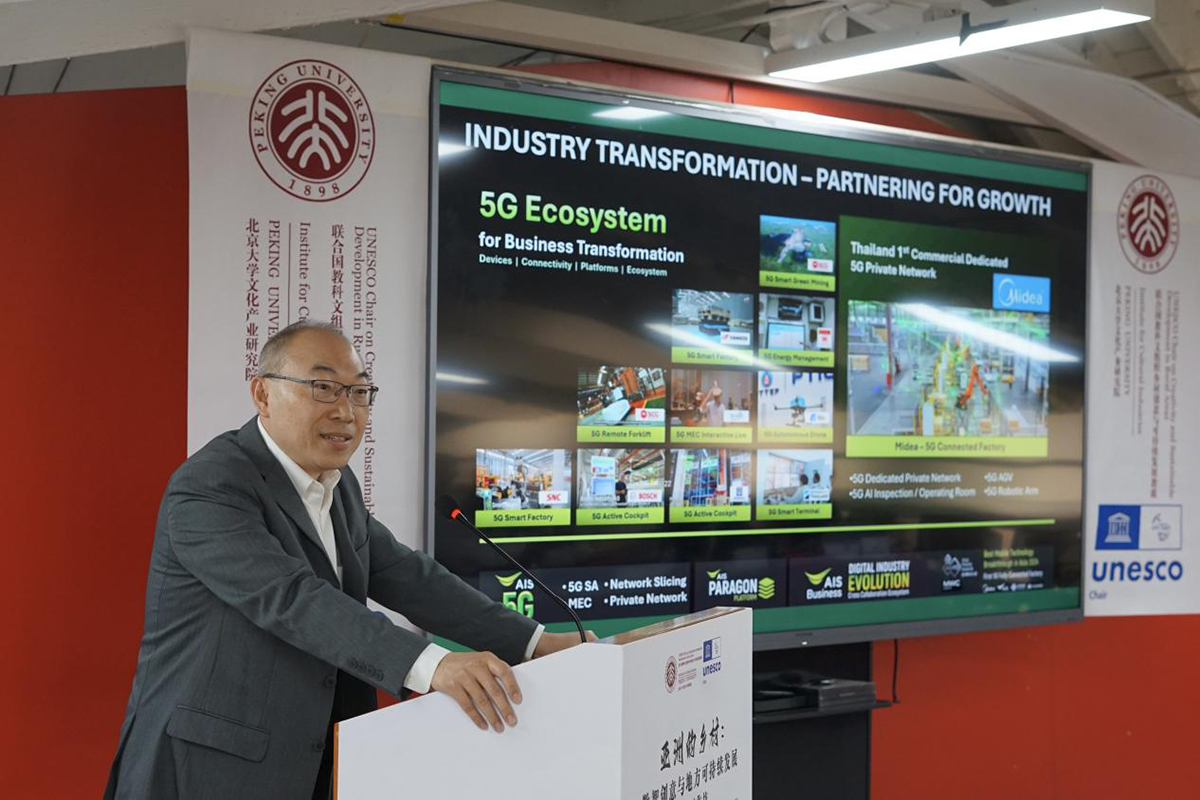
“Digital Technology & Smart Innovation: Rural Thailand’s Practices and AU’s Mission” by Asst. Prof. Dr. Kitti Phothikitti, Vice President for Educational Innovation and Graduate Studies, Assumption University of Thailand
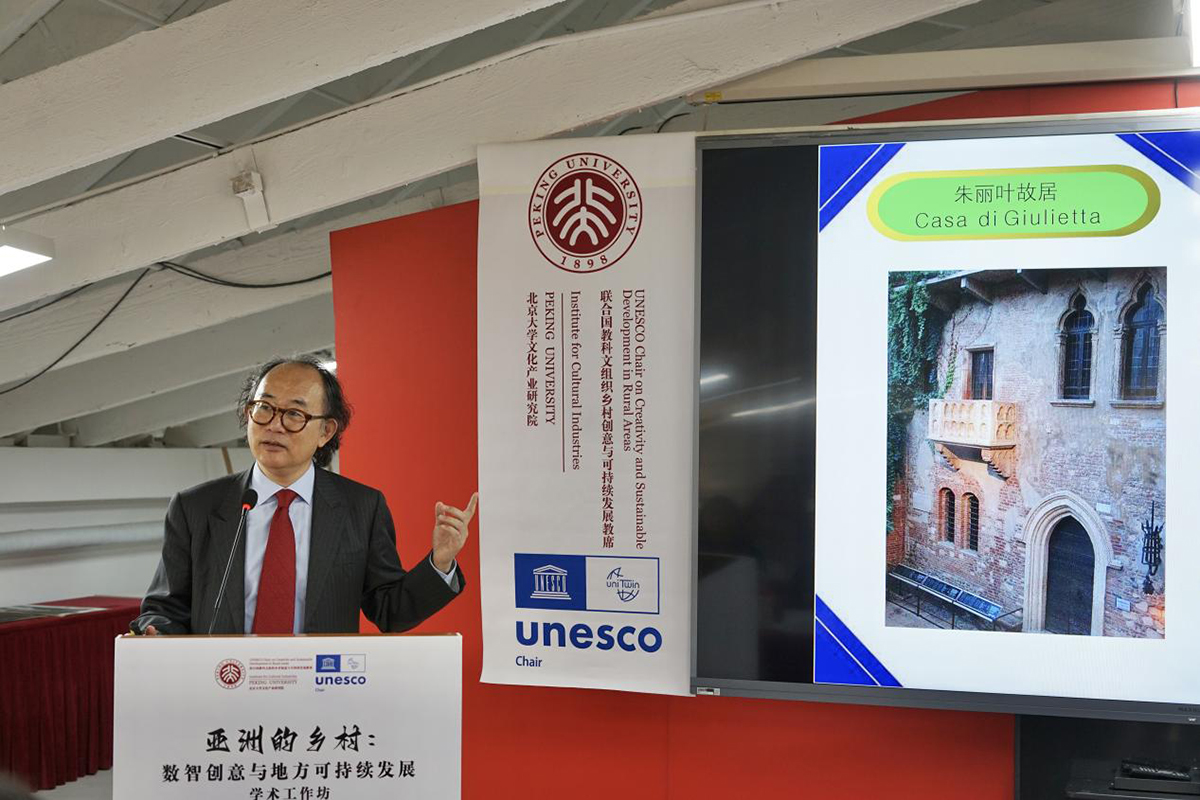
“Cultural Resources Utilization Strategies for Local Sustainable Development” by Si-Bum Kim, Gyeongkuk National University
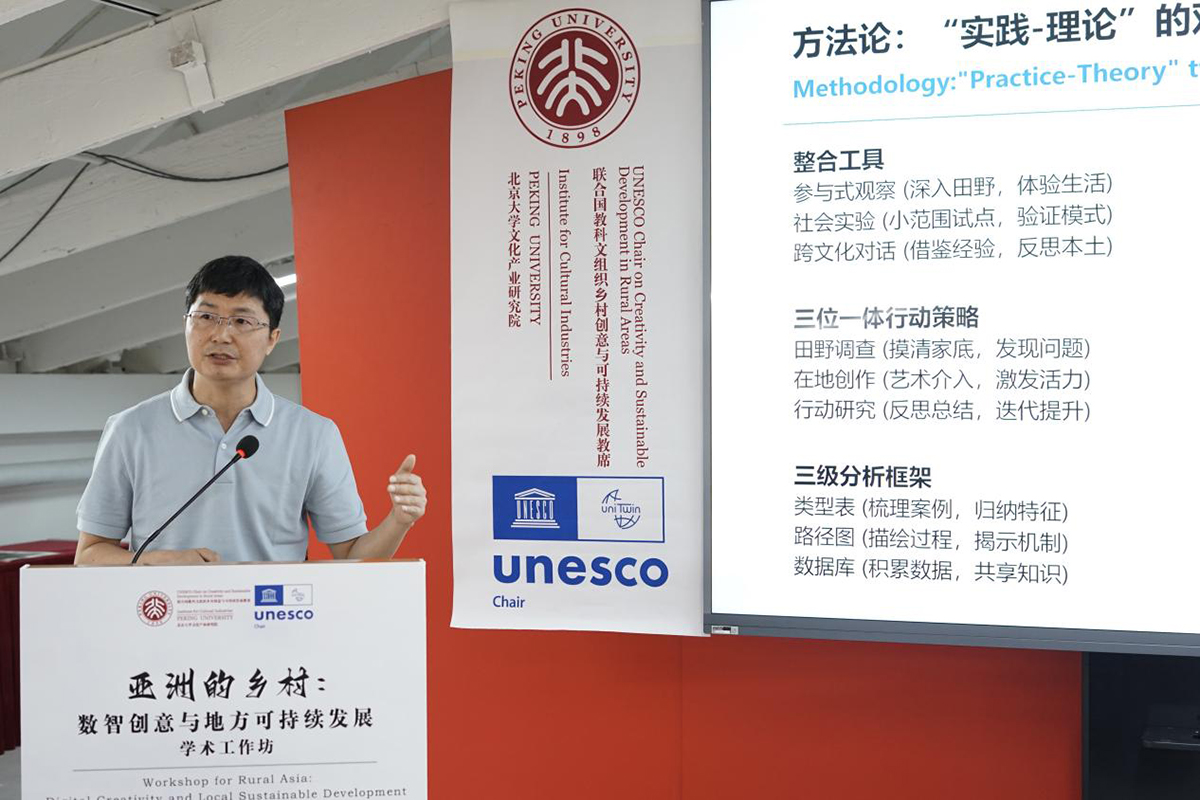
“Research on the Theoretical System of Chinese Art Township Construction under Practice Orientation” by Prof. Wang Tianxiang, Sichuan Fine Arts Institute
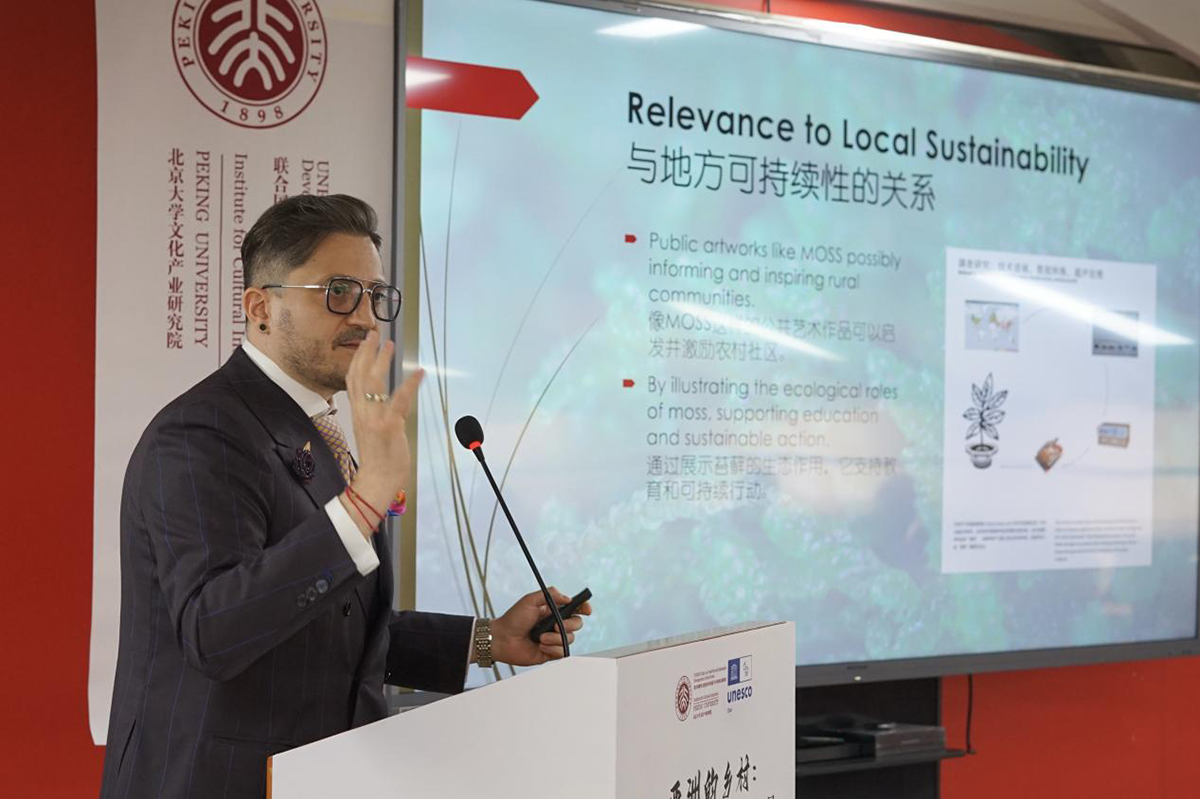
“Breathing Data, Growing Futures: Art, Air, and Ecological Democracy in the Digital Age” by Prof. Andrea Baldini, Peking University
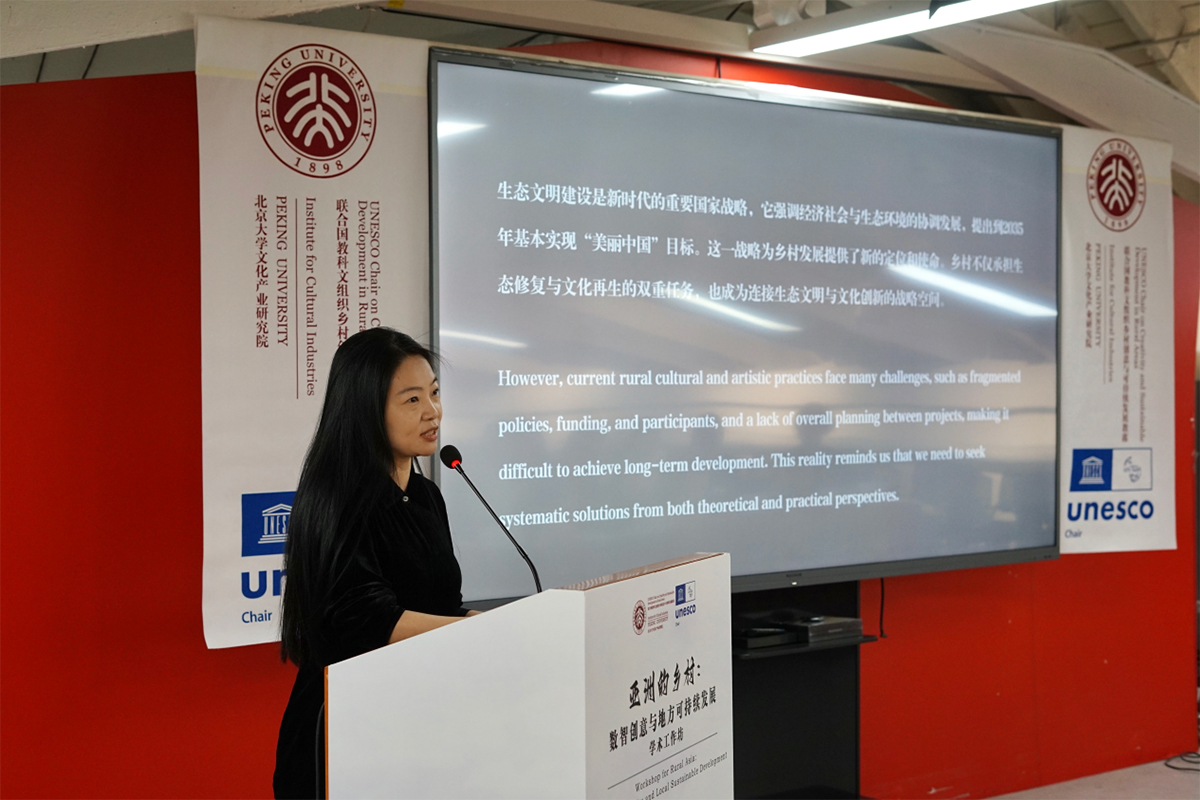
“Synergistic Development Path for Beautiful China from an Ecosystem Perspective” by Wang Sha, Vice President of the Beautiful China Institute at China Academy of Art
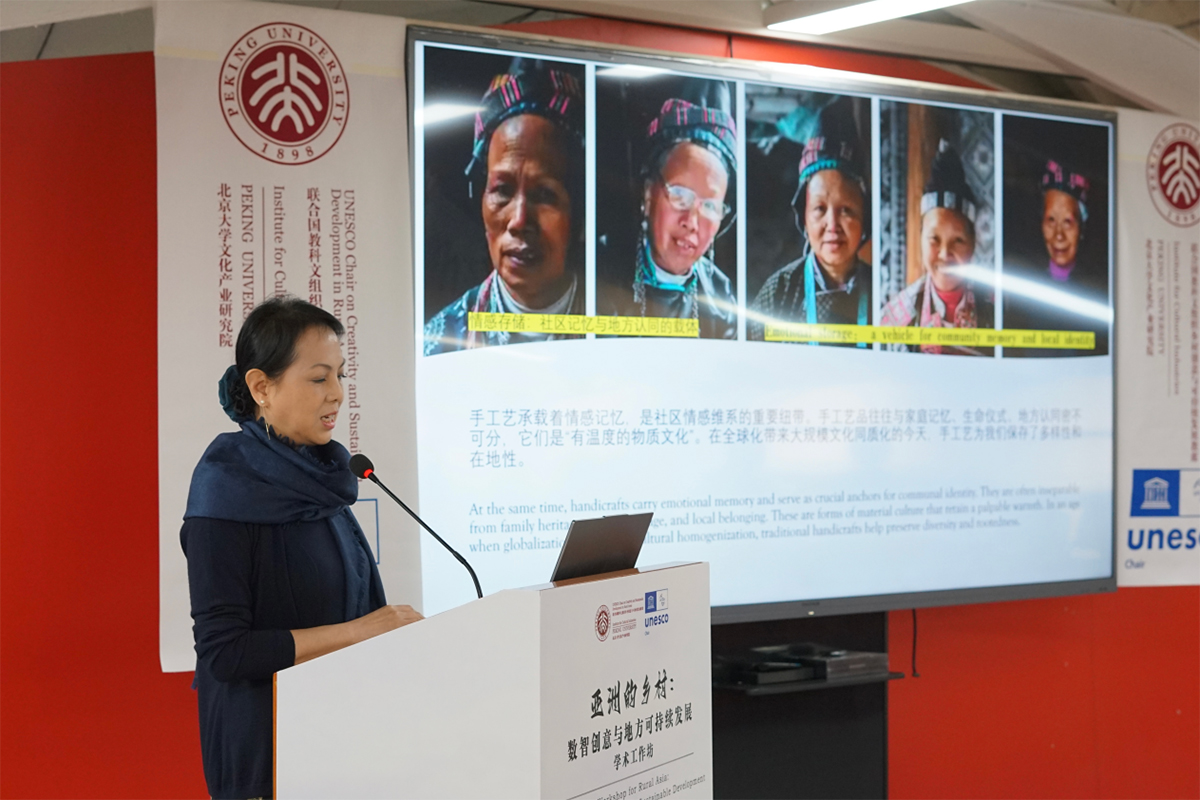
“Traditional Crafts and Rural Revitalization: Path Reconstruction of Cultural Generation and Emotional Storage” by Prof. Chen Ping, UNESCO Chair on Inheritance and Innovation of World Traditional Handicrafts, Jinan University
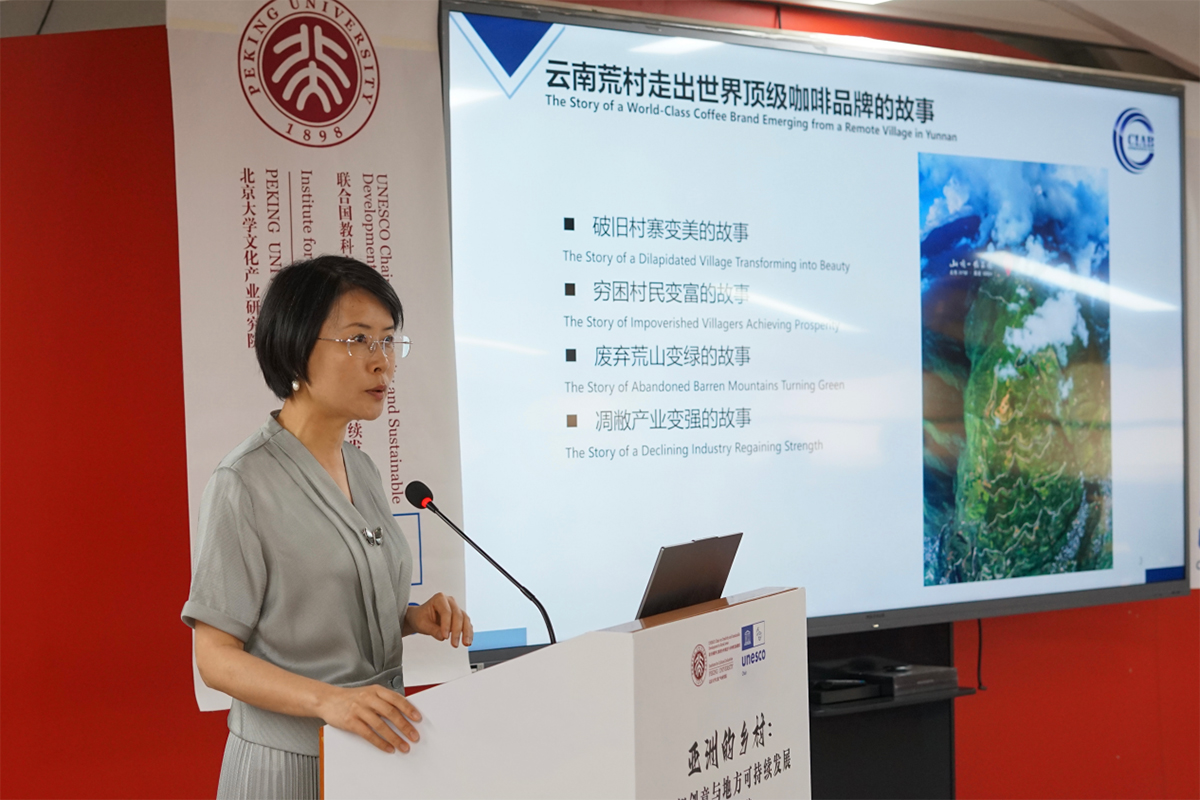
“The Heavenly Gift of Things and its Re-creation: the Rebirth of Shitizhai in Gaoligong Mountain, Yunnan Province” by Prof. Wu Hua, Secretary-General of the Institute for Cultural New Economy, Shanghai Univeristy
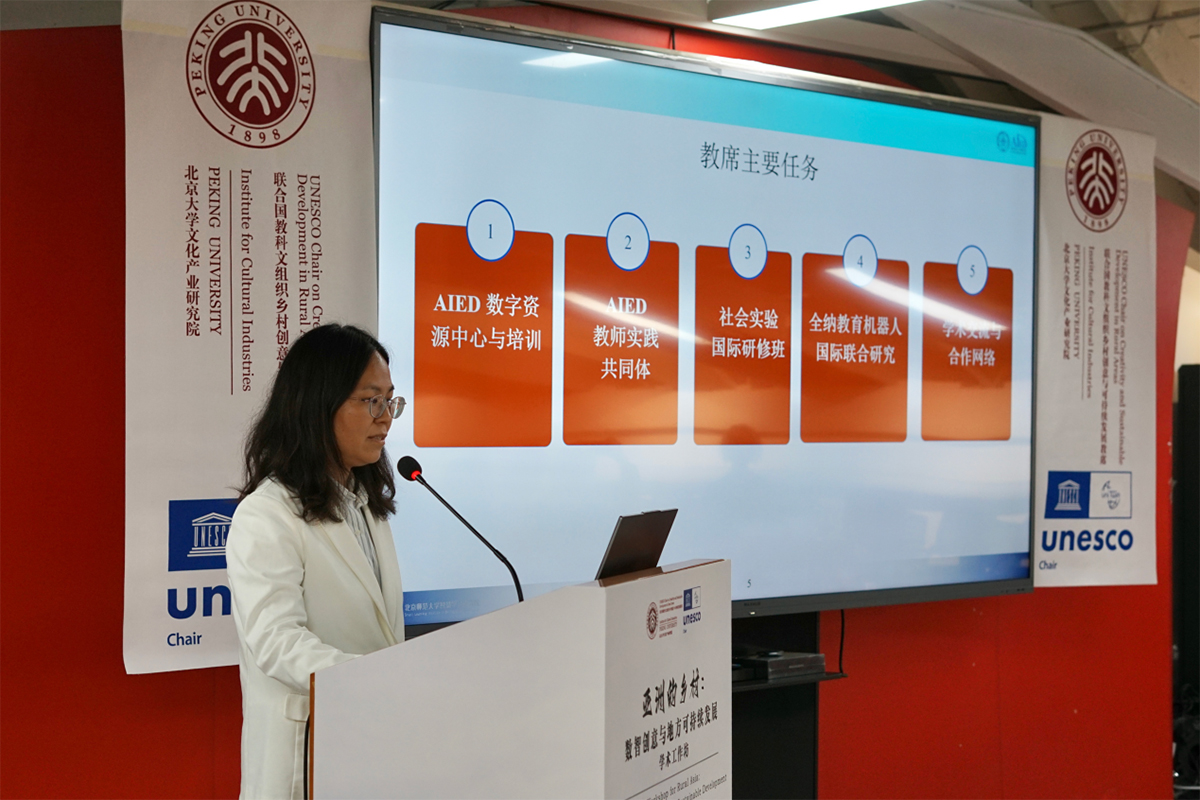
“The Dilemma and Countermeasures of Rural Education in the Age of Intelligence: Discussion on Artificial Intelligence and Education in Chair Work” by Wang Huanhuan, UNESCO Chair on Artificial Intelligence and Education, Beijing Normal University
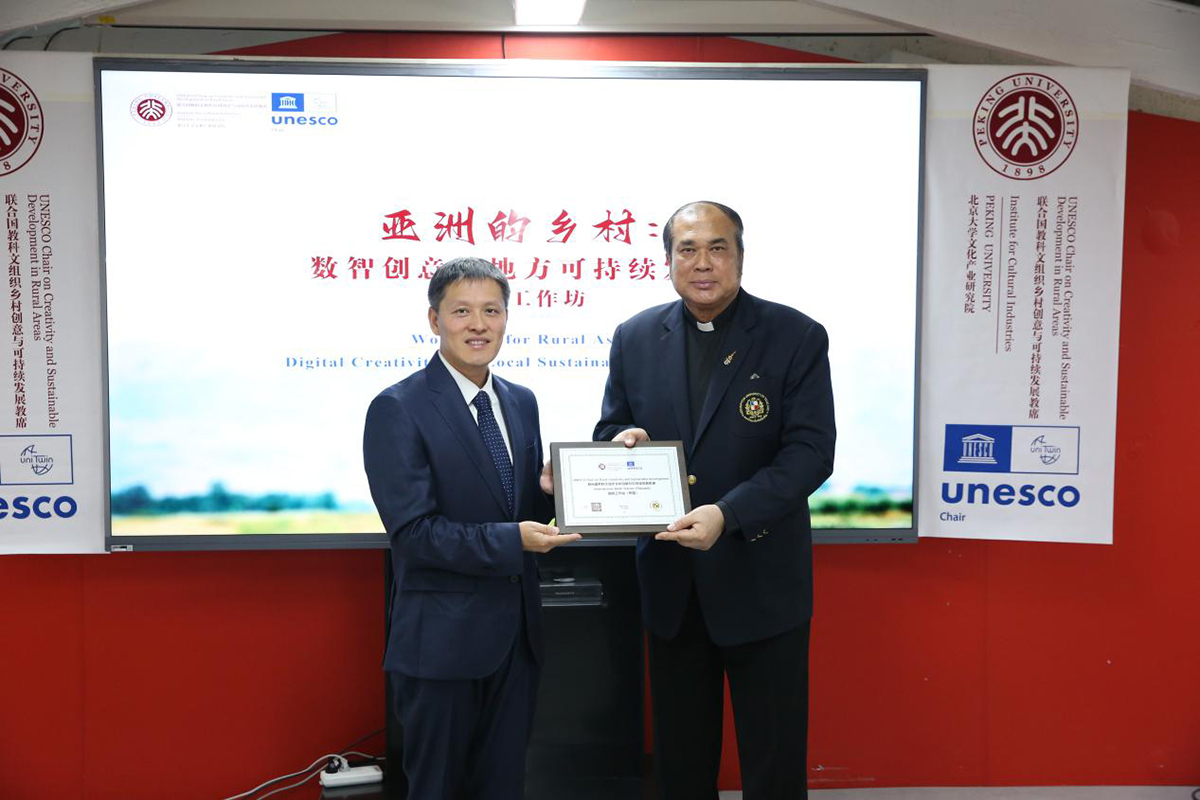
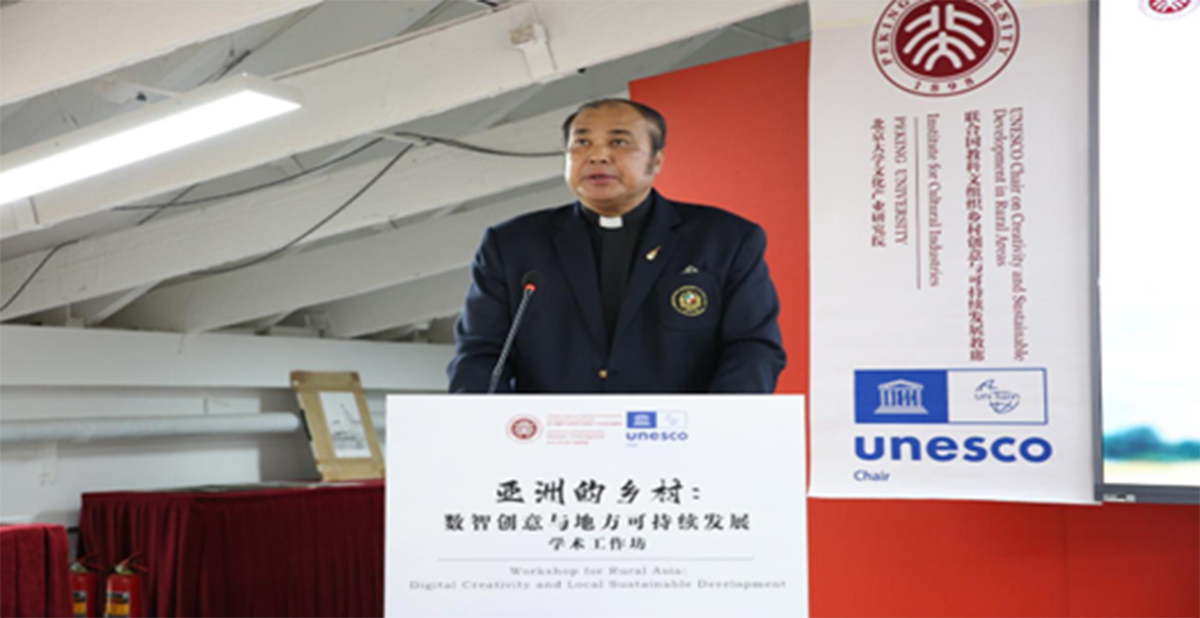
Rev. Bro. Sirichai Fonseka, f.s.g., Ph.D.,President of Assumption University of Thailand, stated during the unveiling ceremony:
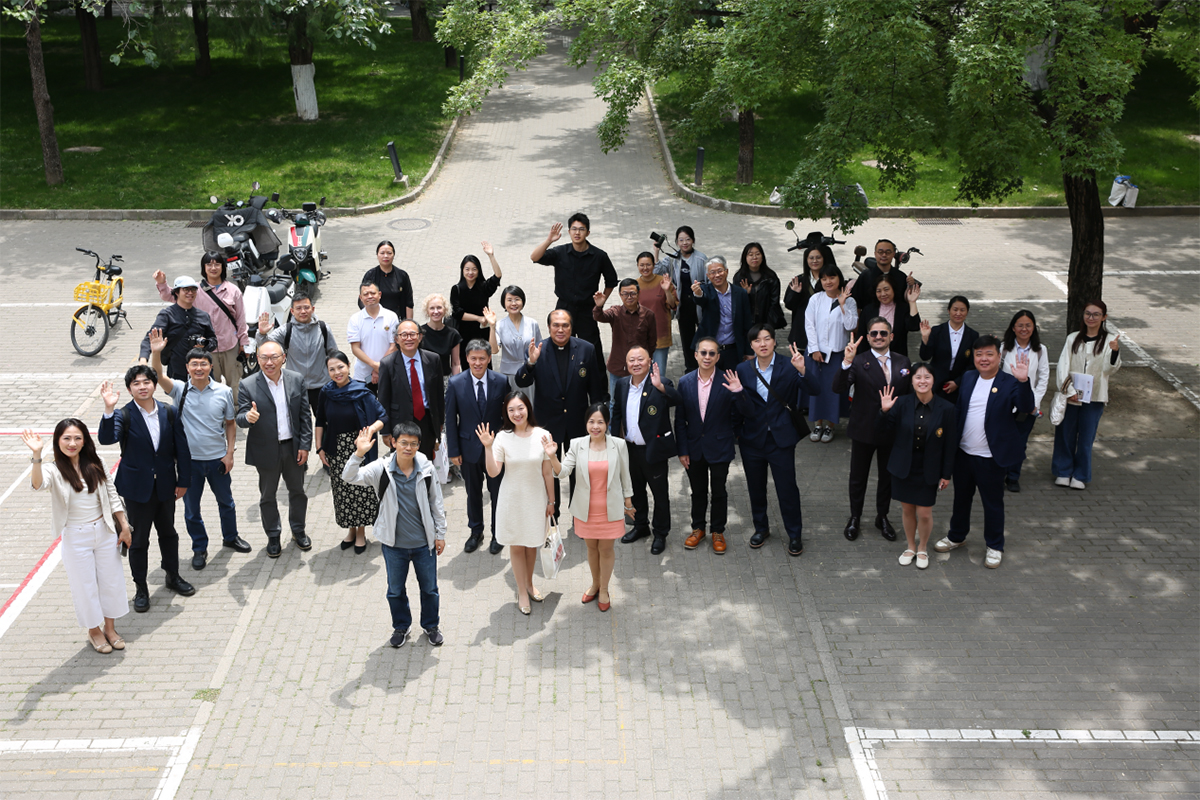
Looking Ahead: Igniting the Spark of Rural Sustainable Development
As the conference drew to a close, participants jointly released the Beijing Initiative for Sustainable Rural Development in Asia, calling for enhanced policy coordination, technology sharing, and cultural exchanges among nations. In the words of Thailand’s Princess Maha Chakri Sirindhorn: “Education is the spark that lights the future.”
The launch of this workshop and workstation represents precisely such a spark—kindled collectively by China, Thailand, and Asian nations—that will harness digital intelligence to illuminate rural communities and unite people through cultural bonds, writing a new chapter in building a shared future for humanity.
WRITER: ASSUMPTION UNIVERSITY OF THAILAND
More Information about Office of Graduate Studies, please visit:
Website: https://www.grad.au.edu/ , https://tcic.au.edu/
Facebook: https://www.facebook.com/abacgraduate/
Instagram: www.instagram.com/au_grad_studies
Twitter: https://twitter.com/AbacGrad
E-mail: grad@au.edu
Tel: (+66)-2783-2222 Ext.1360-61

